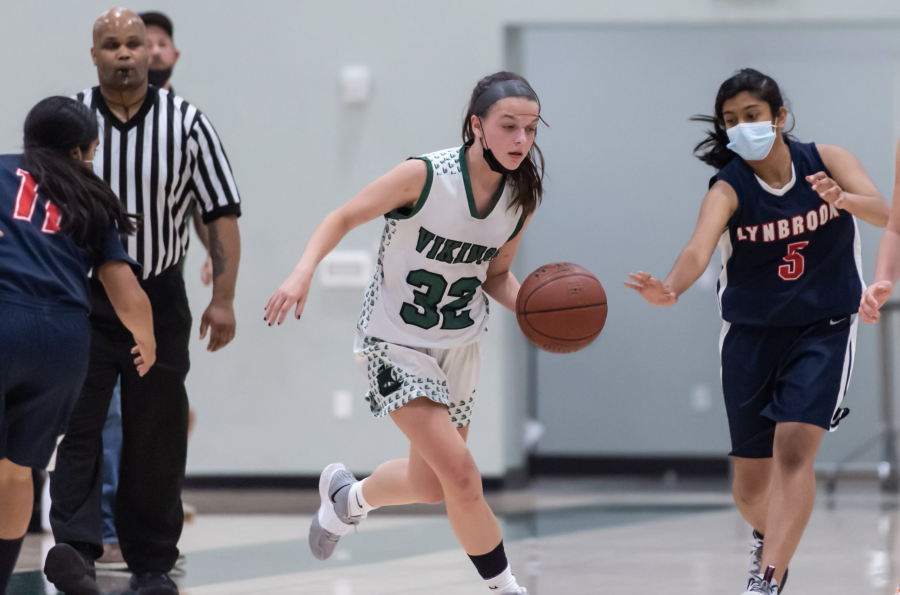Junior Grace Corrigan begins with morning practices before school for the preseason of basketball, then goes to school, and right when the bell rings she is off to cross country practice. By the time she gets home she has already been gone for 10 or more hours yet is not close to done with her day because after dinner her homework needs to be finished.
With homework piling up and college applications due, many student-athletes are finding themselves struggling with burnout.
Corrigan said she constantly feels exhausted and overwhelmed with how much time she dedicates to both school and sports.
“The source of burnout is a lot of different things,” Wellness Outreach Officer Whitney Aquino said. “It can come from too much on your plate and not enough space to take rest or breaks to alleviate some pressure. It can also come from lack of support.”
Corrigan has played basketball for nearly 10 years and said she is starting to feel less interested in it recently.
“I do feel tired, and I have considered quitting a lot recently,” Corrigan said. “But I haven’t quit because part of me believes I will regret it or it will get better. What’s stopping me is myself.”
She said she knows many other student-athletes feel the same way but don’t quit because of others’ expectations.
“They often receive pressure from their parents or themselves,” she said.
On top of the stress of wanting to succeed in the sport, many student-athletes think taking a break shows carelessness.
“We get a lot of messages that we need to be hustling and on the grind, that we always need to be pushing our limits, because, on the other side of that, you are being lazy, taking the easy way out or wasting your time,” Aquino said.
This hustle mentality is accompanied by the pressures of getting into colleges off of one’s athleticism. Corrigan confirms this and says, “Youth sports seem to turn more serious in high school, people can start getting recruited for college so it becomes more important and only the people who prioritize their sport will succeed in it, which is another reason why continuing with sports through high school is challenging”.
So, when sports become more intense, rest is needed even more. Aquino said student-athletes need rest to recover from burnout, just like the physically injured need rest to recover.
“Signs of (burnout) can be many different things,” Aquino said. “It can be feeling irritated. It can be you stop caring or feel like you can’t give more, escape fantasies which are dreaming about quitting, and also for some people it can be getting sick.”
But Aquino said rest and self-care don’t always correlate.
“Sometimes we hear the message that we just need more self-care,” Aquino said. “The issue with self-care is it kind of puts the onus back on the individual instead of looking at what is overall wrong.”
Noticing feelings toward a sport and trying to understand them is going to inevitably be the best way to work through burnout and continue to play to the highest potential, Aquino said.
“It can be hard to accept that you need rest … each person’s place where they’re at is different,” Aquino said. “We all have different things we’re managing. Start by changing your self-talk and accepting that rest is revolutionary.”

